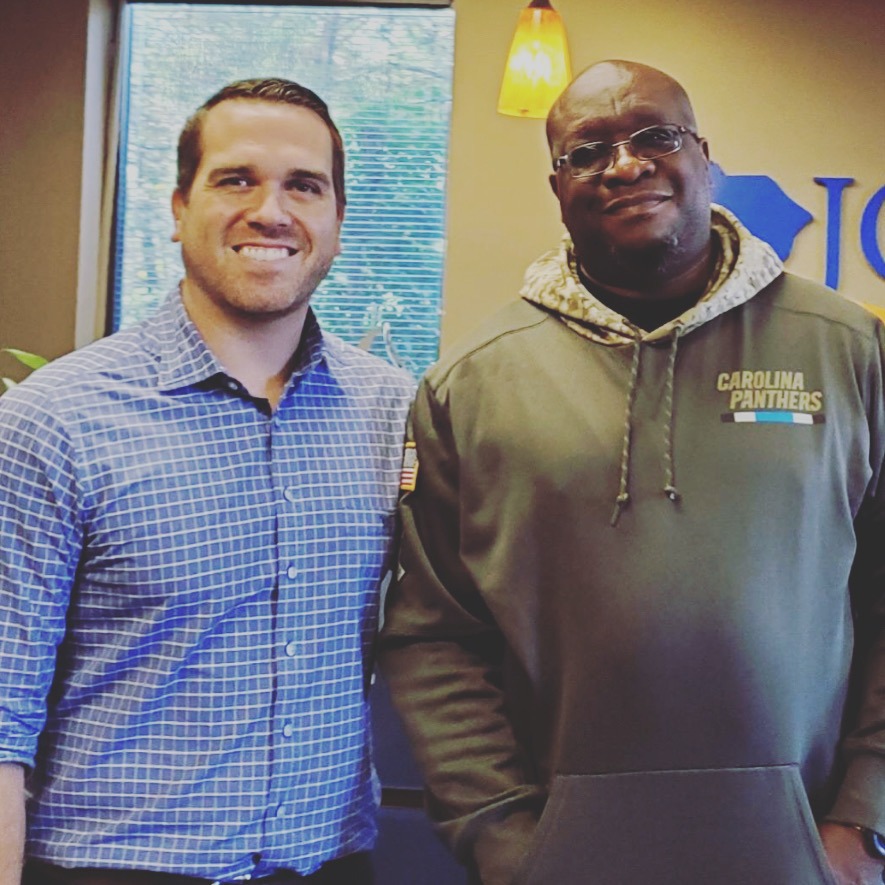Losing a family member causes emotional trauma, practical challenges, and financial burdens. If your loved one died due to someone else’s actions, you may have the right to sue for wrongful death. This post discusses what wrongful death is, who can file wrongful death claims, and what kinds of compensation you can seek. The short answer is that an Estate for the deceased needs to be opened in probate court and a Personal Representative of the Estate needs to be approved by the probate court. The Personal Representative of the Estate is then able to bring a claim and/or sue for wrongful death in South Carolina.
What Is Wrongful Death?
Before learning more about who has the right to sue for wrongful death, you should know what it means to bring a wrongful death claim. While all accidental deaths are tragic, not all count as wrongful death claims. South Carolina wrongful death laws require the following elements:
- The death must be caused by a person or company who is more than 50% at fault.
- The death must be the result of a “wrongful act, neglect, or default” of the at-fault party.
If you’re unsure whether your loved one’s passing meets the criteria for wrongful death, contact Bringardner Injury Law Firm and speak with one of our experienced team members who will help you navigate this difficult time.
Which Accidents Qualify for Wrongful Death Claims?
Just as with personal injury claims, wrongful death claims arise from many different events:
- Pedestrian accidents
- Motor vehicle crashes, including cars, trucks, and motorcycles
- Defective products such as faulty auto parts or dangerous medical devices
- Premises liability cases, including unsafe property conditions and inadequate building security
- Intentional acts, including crimes
Who Has the Right To Sue for Wrongful Death?
In South Carolina, only the Estate of the deceased has the right to sue for wrongful death. If the victim dies with a will, it typically names a Personal Representative. If not, a court will appoint a Personal Representative or another type of administrator to be in charge of the estate.
However, the proceeds from a lawsuit go to the victim’s surviving family members. How wrongful death settlements are divided depends on which family members a victim left behind. South Carolina state law identifies the following beneficiaries of wrongful death actions in order of priority:
- The deceased person’s surviving spouse and children
- The deceased person’s surviving parents, if they died without a spouse or children
- Other surviving heirs, if the person died without a spouse, children, or parents
What Compensation Can You Seek in Wrongful Death Claims?
Now that you know who has the right to sue for wrongful death in South Carolina, you might wonder what kind of compensation beneficiaries can pursue. Wrongful death claims can seek compensation for the following losses:
- Funeral expenses and burial costs
- Lost financial and practical support to the household
- Loss of the decedent’s care, guidance, companionship, and protection
- Mental anguish suffered by the surviving family members
An estate executor or administrator may also file a survival action. Survival Action claims seek compensation for losses the victim experienced after the accident but passing away. These include the following:
- Medical bills from the victim’s final injury or illness
- Physical pain and suffering
- Emotional distress
- Other related out-of-pocket costs
Need Help With a Wrongful Death Claim? Schedule a Free Consultation Today!
We offer free consultations for wrongful death and survival action claims and are here to answer your questions. Call us today at 843-380-5299 or contact us online.

